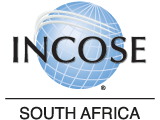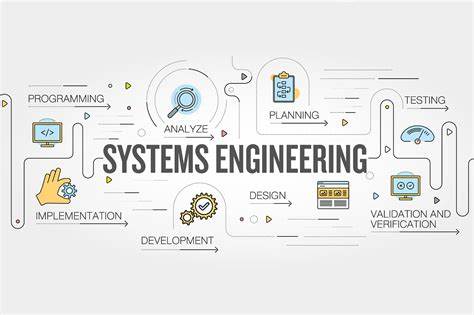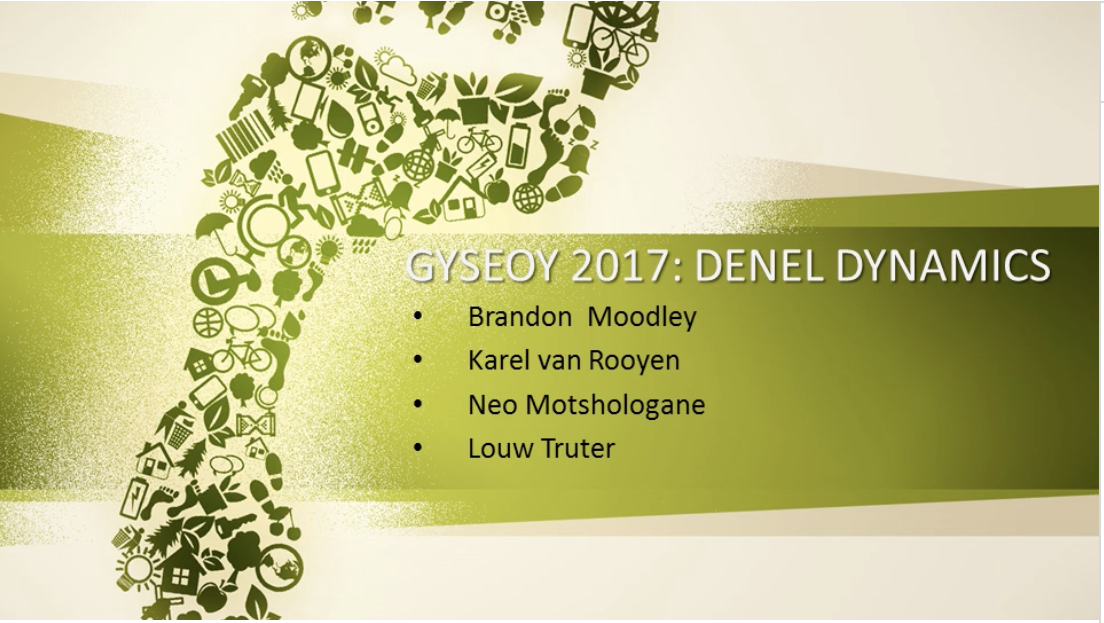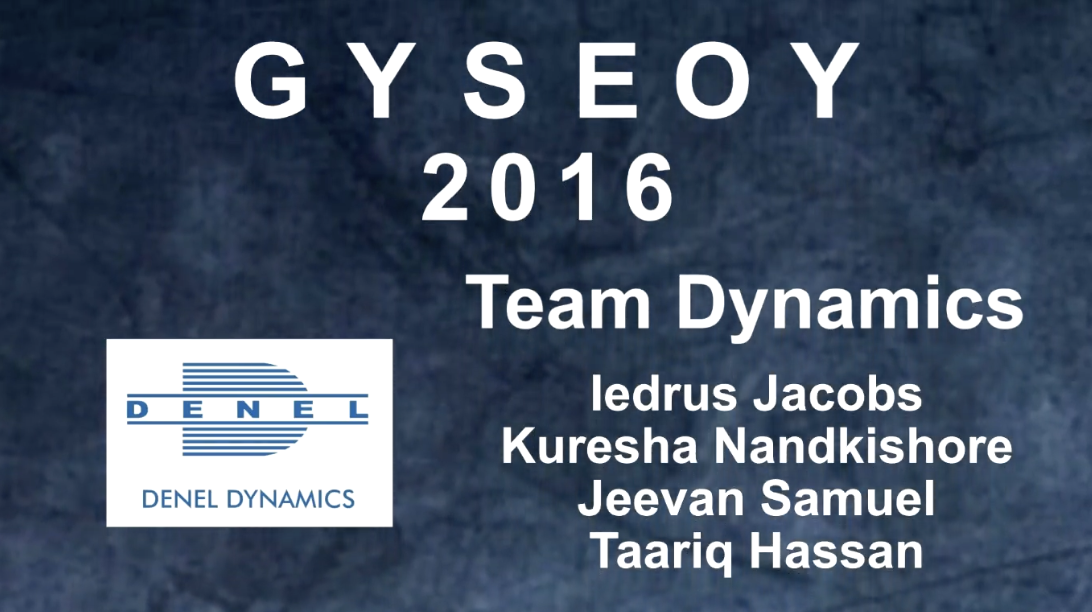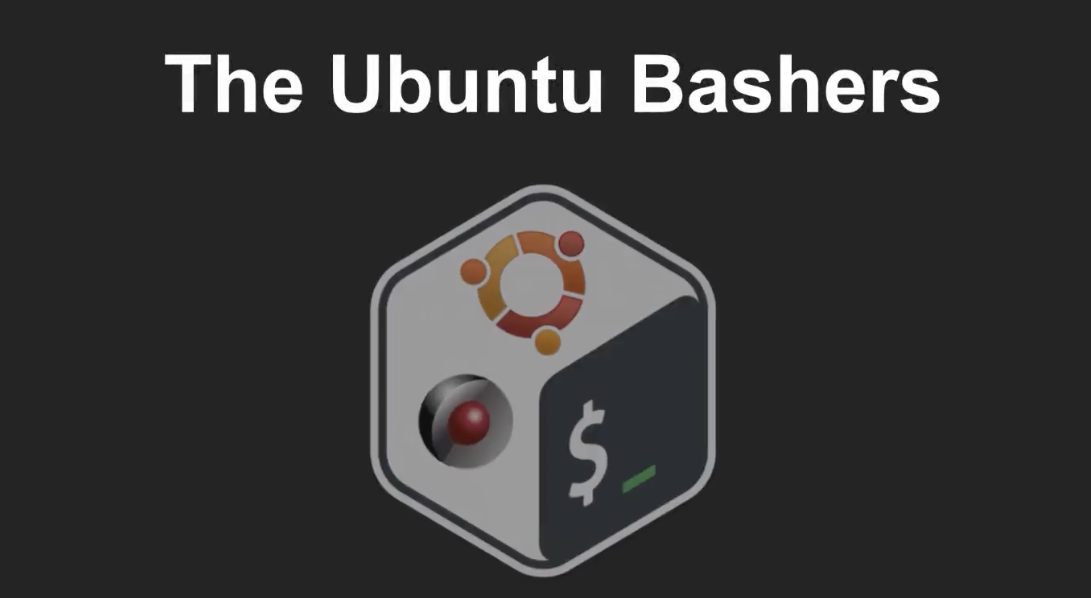
2018 GYSEOY Challenge | Teaching Science
Parvati Mara has recently retired from her post as school inspector of science in Gauteng. She has dedicated her professional life to the emotional and mental development of a few generations of South African children by imparting her passion for a scientific evidence-based understanding of the world and the practical application of science in everyday life. She was particularly driven to work with students who were born into economical and cultural circumstances where book learning and theoretical thinking were usually regarded as an unnecessary luxury. At the age of 68, Parvati was not yet ready to step away from education altogether, and as any good teacher was eager to learn more herself. On the advice of friend she had investigated and then contacted the LEAP Schools for Science and Mathematics, and had volunteered her services. She had been invited to spend a day at the LEAP 4 School in Diepsloot and had been overwhelmed by the challenge and the opportunities. She especially liked the LEAP Schools’ point of departure:
“Every child in South Africa can and will exceed expectations if provided a real opportunity to learn and liberate in a school-learning environment that is caring, challenging, personal and lives out relentless high expectations!”
But Parvati wondered how she could help the LEAP 4 School. What key contributions could she make to further improve its performance?
The six LEAP Science and Maths schools provide free education to students from high- need communities, and has mathematics, physical science and English as mandatory subjects. A school schedule includes compulsory Saturday classes and formal holiday programs. The school day lasts nine hours, from 8h15 to 17h15. Based in a converted warehouse in Diepsloot, the LEAP 4 School faces the infrastructure challenges so prevalent in informal communities. The warehouse is very noisy and is shared with a pre-primary school, hence the conceptualisation and planning for a new school building has started. The students at Diepsloot are a mix of many cultures, predominantly Sepedi. The school offers isiZulu and Sepedi as home languages, along with English. Every LEAP School is partnered with a more privileged school, Dainfern College for LEAP 4, as well as a township school in the community the school serves. This three-way
collaboration creates an opportunity to share excellence in all spheres. The founding supporter for the LEAP 4 School is the Aveng Group.
The 2016 results of the LEAP 4 Diepsloot School were impressive—28 out of 29 students passed Grade 12, with all 28 gaining access to tertiary education. The overall LEAP pass rate in 2016 was 93%, with 78% qualifying for study at an academic or a technical university. What is more, all LEAP students write mathematics and science, compared to only 42% who wrote maths and 33% who wrote physical science nationally in 2014. Historically 72% of LEAP learners pursue graduate studies, with 32% in accounting, 14% in engineering and 12 in education.
The Ubuntu Bashers
Members:
- Johan Havenga
- Buntu Ngcebetsha
- Chris Finlay
- Isaac Sihlangu
Please watch this space for announcements.
Please watch this space for downloads.
Digital literacy—the skills of searching for, discerning, generating and managing information—is key to higher-order thinking skills, and is crucial to participating in the national and global economy. For instance, surely students should be able to use their own smartphones for learning during class time? Surely e-readers should form the basis for all textbooks? However, many teachers are digitally illiterate. Teachers will need considerable professional development to change their teaching methods. Schools will have to digitize their education management, governance and administration. How should that happen?
Parvati thought long and hard about these issues. How should science teaching for the LEAP schools be adapted to both foster and exploit information and communication technology? Why could the tacit knowledge of master teachers not be unlocked, systematized and then replicated in the next-generation teachers? Why did the wheel have to be reinvented—surely there were science teaching best practices? These would obviously need to be adapted to Diepsloot. The science teaching outcomes clearly depended on the student, the teacher, their relationship, the curriculum, the school environment, the student’s home environment, and the presence, or absence, of a culture of learning. But why was a school itself not a learning system? She recalled the old science saying—to measure is to know. Why were science teaching outcomes not routinely measured as a key part of on-going data-driven controlled experiments to improve those outcomes? Should LEAP not develop evidence-based science teaching knowledge management? That would clearly demand the most appropriate technology, life-long learning of the teacher, incisive cultural interventions, and changes to the
